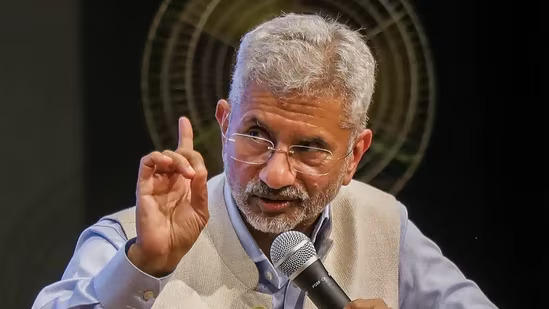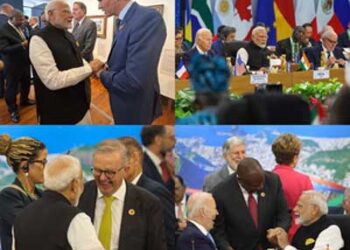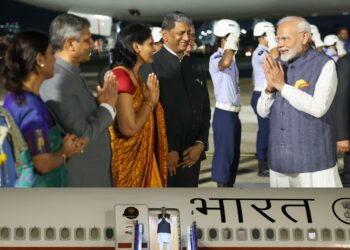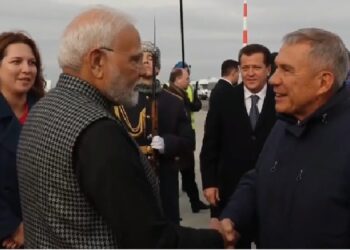As the diplomatic tension between India and Canada escalates, all eyes are now on India’s External Affairs Minister (EAM) S Jaishankar, who is set to address the UN General Assembly (UNGA) in New York. Jaishankar is expected to respond to Canadian Prime Minister Justin Trudeau’s recent allegations, deemed as “credible,” regarding Indian involvement in the killing of Pak-trained Khalistani terrorist Hardeep Nijjar in June.
Canada had pre-informed India about its updated travel advisory, which was prompted by certain videos targeting Canadians circulating on the internet. However, New Delhi is still waiting for Canada to provide legal evidence linking India to the Nijjar case. Trudeau’s adherence to Sikh politics suggests an unyielding stance on the issue, potentially involving an Indian individual in the allegations, regardless of the quality or validity of the evidence.
The Sikh vote holds significant sway in Canadian politics, evident from past interactions between former Prime Minister Stephen Harper and Prime Minister Narendra Modi in 2015. Meanwhile, Canada’s recent travel advisory update is viewed cautiously by India, considering Trudeau’s unfounded allegations made on the parliamentary platform.
EAM Jaishankar is anticipated to deliver a fitting response at the UNGA, prior to his bilateral discussions with the Biden Administration in Washington DC. India maintains a clear stance, affirming no involvement by the Modi government in Nijjar’s political killing and supports due legal process. Any baseless allegations against India will be confronted, urging Trudeau or his associates to provide credible, documented evidence to uphold the integrity of bilateral relations, currently strained by unwarranted accusations. The ball is now in Canada’s court to substantiate claims and address the declining ties between the nations.







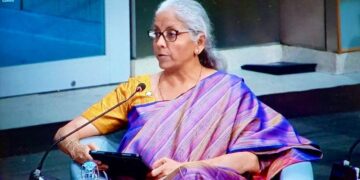
 Finance
Finance